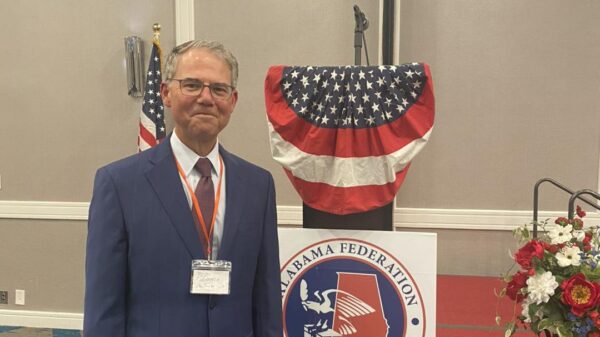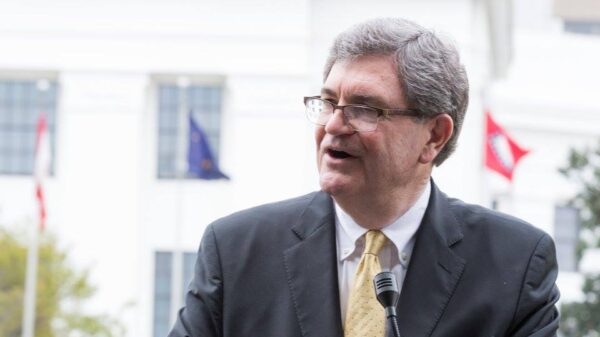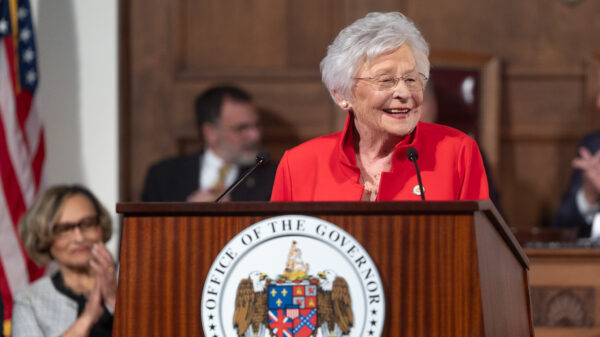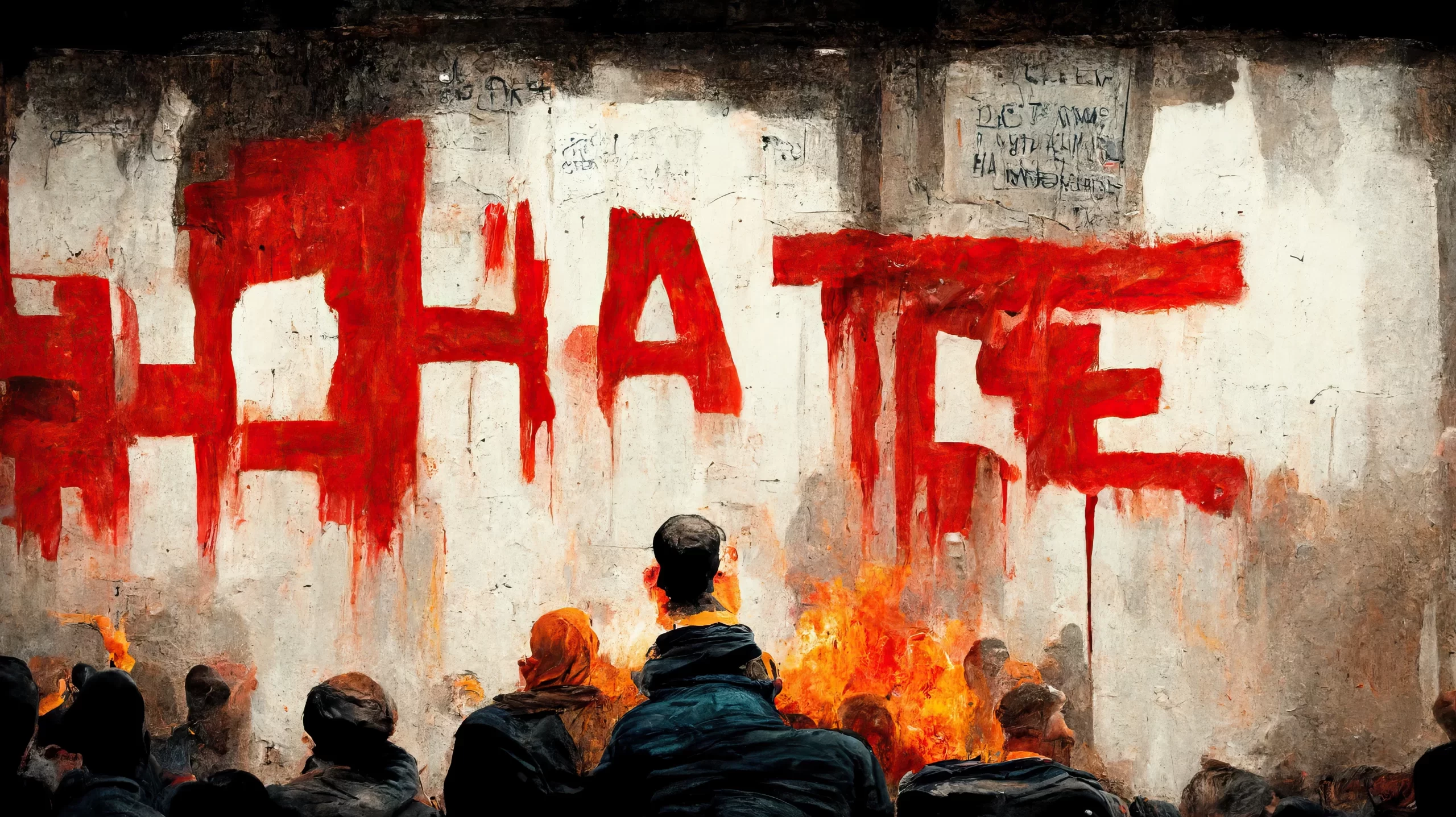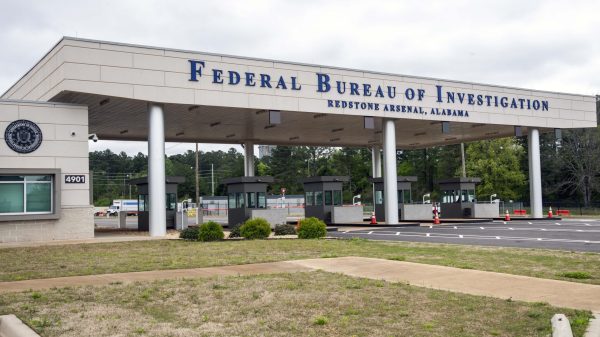The FBI’s 2023 report on hate crimes paints a grim picture of rising intolerance across the United States, revealing a surge to 11,862 incidents—the highest ever recorded since tracking began in the early 1990s. This marks a two percent increase from 2022, with Black and Jewish communities continuing to bear the brunt of the violence.
Particularly alarming is the 63 percent increase in antisemitic incidents, with 1,832 hate crimes targeting Jewish Americans, making them the primary victims of religious-based offenses. Hate crimes against the LGBTQ+ community saw a seven percent spike, largely driven by bias against gender identity and sexual orientation. Racial bias remained the top motivator, especially against Black Americans, alongside notable rises in crimes against Muslims and Arabs.
Alabama, too, is caught in the undertow of this national trend. While the state saw a slight decrease in hate crime incidents from 2021’s 255 to 244 in 2022, the numbers remain deeply concerning. According to FBI data, the majority of these crimes—58.2 percent—were driven by racial or ethnic bias, disproportionately targeting Black Alabamians. Religion-based offenses accounted for 27.4 percent, with antisemitic and anti-Muslim incidents being especially prevalent. Crimes rooted in sexual orientation made up 8.2 percent of the total, while hate crimes based on gender identity and disability were less common but still concerning.
The Southern Poverty Law Center (SPLC) has been vocal about the inadequacy of law enforcement’s response to these rising figures, highlighting significant underreporting, particularly in the Deep South. “Communities at the highest risk—Black, LGBTQ+, and immigrant populations—are not receiving the protection or attention they deserve,” the SPLC warned. The organization called for enhanced community-based prevention programs and mandatory reporting of hate crimes across the state. Extremist ideologies and widespread disinformation, they argue, are driving the increased violence.
Benjamin C. Mizer, Principal Deputy Associate Attorney General, underscored the federal government’s urgency in tackling the hate crime crisis. In response, the Department of Justice has announced nearly $30 million in grants to combat these hate-fueled offenses. “These grants are vital in helping law enforcement and community members get the support they need as they strive to keep all communities safe,” said Mizer. “Everyone in this country deserves not only to feel safe but to be safe in their communities.”
The funding comes as part of a broader initiative to enhance hate crime investigation, support victims, and boost research efforts. Key grants include $12 million under the Matthew Shepard and James Byrd Jr. Hate Crimes Program, aimed at assisting local law enforcement in their investigations, and $7.6 million to support community and civil rights organizations in developing prevention strategies. Other notable allocations include $1 million for the Orleans Parish, Louisiana District Attorney’s Office, tasked with resolving civil rights-era cold cases under the Emmett Till Cold Case Investigation and Prosecution Program, and $2.7 million to establish the Coordinated Hate Crimes Resource Center.
Alongside these funding efforts, the Justice Department rolled out new tools to address hate and bias, including a Youth Hate Crimes and Identity-Based Bullying Prevention Curriculum and specialized law enforcement training. Brent J. Cohen, Acting Assistant Attorney General for the Office of Justice Programs, stressed the importance of these initiatives, stating, “Freedom from intolerance and from the fear of violence is foundational to community safety and fundamental to the concept of equal justice.”
As hate crimes climb to unprecedented levels, the federal response reflects a coordinated attempt to confront not only the immediate violence but also the underlying hate and extremism driving these attacks. However, as the rising numbers suggest, much work remains to be done. The fight for safer, more inclusive communities is far from over.



